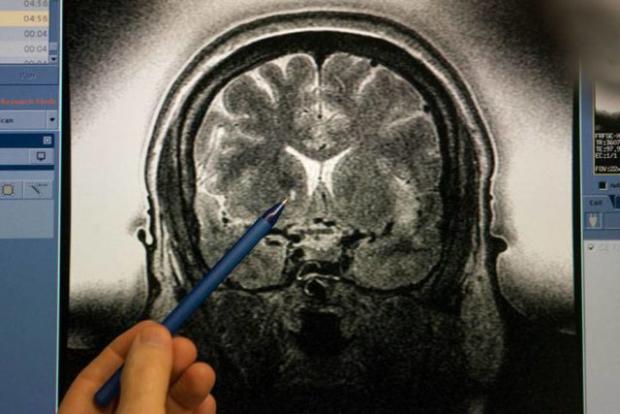
Breaking News
 China's Nightmarish New Bio Weapon Targets Race and Ethnicity
China's Nightmarish New Bio Weapon Targets Race and Ethnicity
 The Epstein Files Just EXPOSED the AI Mind Control Agenda (2026 Warning)
The Epstein Files Just EXPOSED the AI Mind Control Agenda (2026 Warning)
 Maxwell offers testimony if granted Trump clemency
Maxwell offers testimony if granted Trump clemency
 How RFK Jr's Guidelines Could Change Farming - Joel Salatin
How RFK Jr's Guidelines Could Change Farming - Joel Salatin
Top Tech News
 SpaceX Authorized to Increase High Speed Internet Download Speeds 5X Through 2026
SpaceX Authorized to Increase High Speed Internet Download Speeds 5X Through 2026
 Space AI is the Key to the Technological Singularity
Space AI is the Key to the Technological Singularity
 Velocitor X-1 eVTOL could be beating the traffic in just a year
Velocitor X-1 eVTOL could be beating the traffic in just a year
 Starlink smasher? China claims world's best high-powered microwave weapon
Starlink smasher? China claims world's best high-powered microwave weapon
 Wood scraps turn 'useless' desert sand into concrete
Wood scraps turn 'useless' desert sand into concrete
 Let's Do a Detailed Review of Zorin -- Is This Good for Ex-Windows Users?
Let's Do a Detailed Review of Zorin -- Is This Good for Ex-Windows Users?
 The World's First Sodium-Ion Battery EV Is A Winter Range Monster
The World's First Sodium-Ion Battery EV Is A Winter Range Monster
 China's CATL 5C Battery Breakthrough will Make Most Combustion Engine Vehicles OBSOLETE
China's CATL 5C Battery Breakthrough will Make Most Combustion Engine Vehicles OBSOLETE
 Study Shows Vaporizing E-Waste Makes it Easy to Recover Precious Metals at 13-Times Lower Costs
Study Shows Vaporizing E-Waste Makes it Easy to Recover Precious Metals at 13-Times Lower Costs
A New Ultrasound Therapy Aims To Help People With "Treatment-Resistant" Depression

New treatment involving ultrasound technology shows promising results for those struggling from treatment resistant depression.
Over the past 7 years, Sky Zazlov has been fighting treatment resistant depression, meaning none of the medication or wide variety of other treatment methods or interventions have been able to lift the black cloud looming over her head every day of her life.
The medications themselves present a big problem. A fairly recent example of this kind of corruption comes from a study that was published in the British Medical Journal by researchers at the Nordic Cochrane Center in Copenhagen. The study showed that pharmaceutical companies were not disclosing all information regarding the results of their drug trials. You can find the link to that study and read more about it here.
Zazlov said in an interview with CTV News, "It affects hygiene, sleep, diet, emotions," Zazlov, 40, said of the severe treatment-resistant depression she developed in 2011.
"It affects everything, how I interact with my family, whether I'm able to keep friendships, whether or not I can get out of bed and wash my hair and brush my teeth," said the mother of a 12-year-old boy, who is no longer able to work as a 911 dispatcher in Toronto.
"You feel numb sometimes and empty a lot of the time. There's not a lot of interest in doing anything or seeing anybody or talking to anyone."
The previous sentiments are hallmarks of those suffering from major depression. This illness affects about one-quarter of the Canadian population. Around 14 percent of people will suffer from recurrent bouts of severe depression and among those about 1 in 10 will not respond to at least three of the standard anti-depressant medication and treatment and thus, are deemed to be treatment resistant.
"Nothing has worked well, nothing has even worked OK up to this point."

 Smart dust technology...
Smart dust technology...

